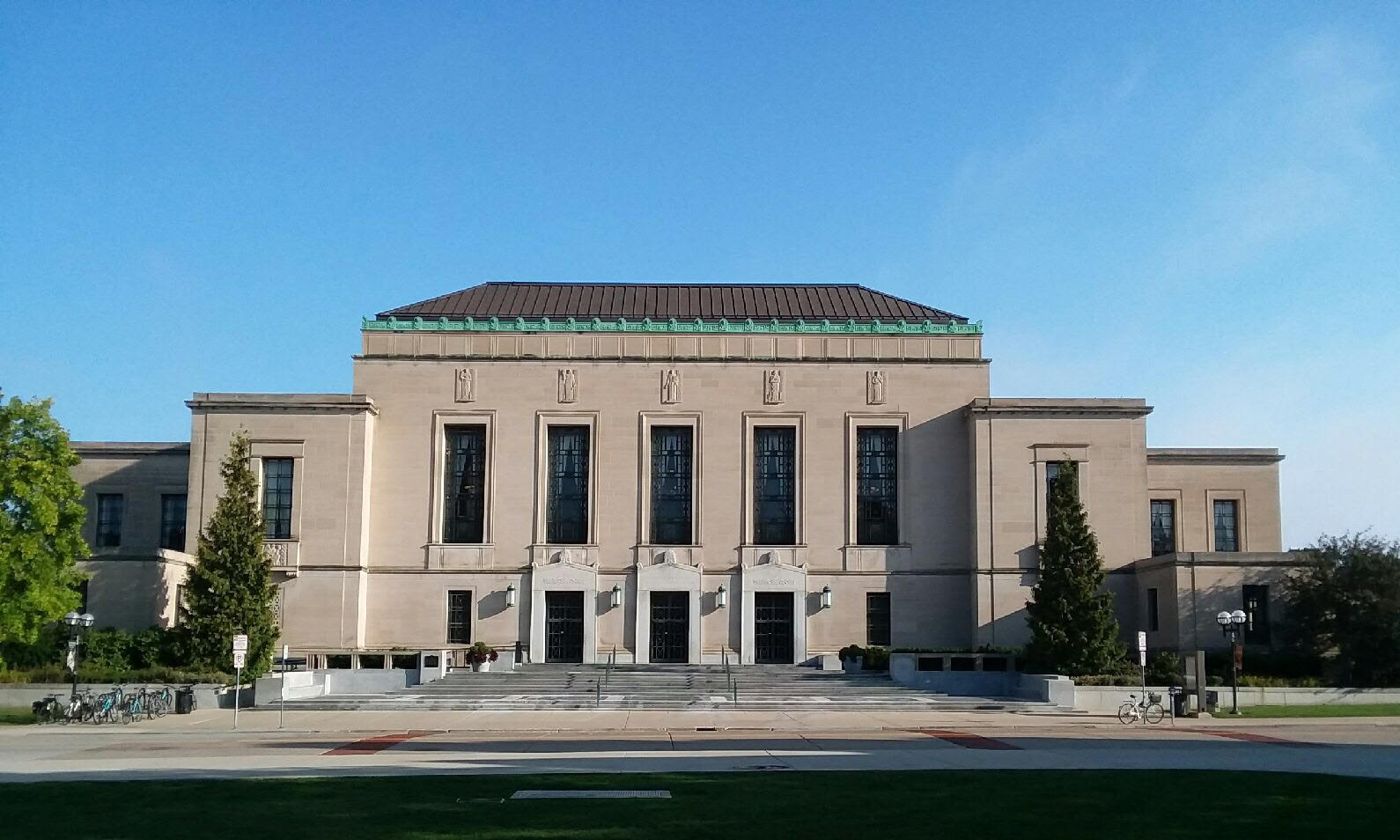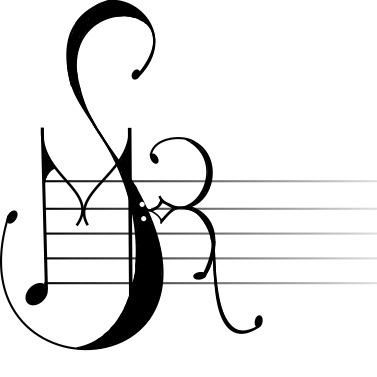
Earlier this week, Patricia Moss successfully defended her dissertation, entitled "Interpreting Race and Difference in the Operas of Richard Strauss" (abstract below), before a raptly attentive audience. Congratulations, Patricia, and all the best on final revisions!
Interpreting Race and Difference in the Operas of Richard Strauss
After World War II, Richard Strauss’s life and compositions came under intense scrutiny as scholars tried to understand his position with respect to the National Socialist regime. Their conclusions varied; however, the focus remained on separating Strauss’s actions and works during the Third Reich from his earlier career. By combining theoretical and historical resources on race, biography, and music, my research demonstrates continuity between Strauss’s early biography and operas and his later works and political decisions. Examining the racialization of German Others in the late nineteenth and early twentieth centuries, provides an unexplored, yet relevant, facet of the composer’s biography, one that has direct consequences for the interpretation of not only Strauss’s relationships with and views toward these Others but also how these attitudes are reflected in his operas.
Using current musicological research on musical difference and exoticism, I offer a new perspective on Strauss’s approach to depicting the Other in opera, taking into account both the origins and the significance of historical German representations of racial and gender Others. In order to discuss the normalcy of racism and racist behaviors in early twentieth-century German society, my research borrows from critical race theory, as it relates to musicological research, adapting existing models of racial difference to the study of constructions of Others that were prevalent in Strauss’s lifetime. Further, I engage with the work of musicologist Ralph Locke who argues that musical exoticism evokes in or through music—whether that music is ‘exotic-sounding’ or not—a people, place, or social milieu that is not entirely imaginary and that differs profoundly from the dominant culture in morals, attitudes, customs. Although there is a general tendency within music scholarship to privilege explanations that grow out of the notes of the score or the music itself, Locke’s broader definition of musical exoticism does not exclude works that exhibit few stylistic markers of “Otherness” or none at all. I analyze four of Strauss’s operas, Salome, Rosenkavalier, Die Frau ohne Schatten, and Friedenstag, as exotic musical works, presenting a broader context which incorporates not only staged representations of race and difference but also accounts for the social and cultural tropes that were articulated during Strauss’s life.
Recent Posts
SMR to Host Midwest Graduate Music Consortium 2025 Conference – January 13, 2025
SMR Welcome BBQ at County Farm Park – October 01, 2024
Julian Grey defends dissertation – June 05, 2024
Michaela Franzen defends dissertation – May 21, 2024
Kai West defends dissertation – May 16, 2024
Micah Mooney and Carlos Pérez Tabares present at Music Theory Midwest – May 12, 2024
SMR end-of-year round-up at County Farm Park – April 25, 2024
SMR hosts Research Showcase – September 29, 2023
 Society for Music Research
Society for Music Research